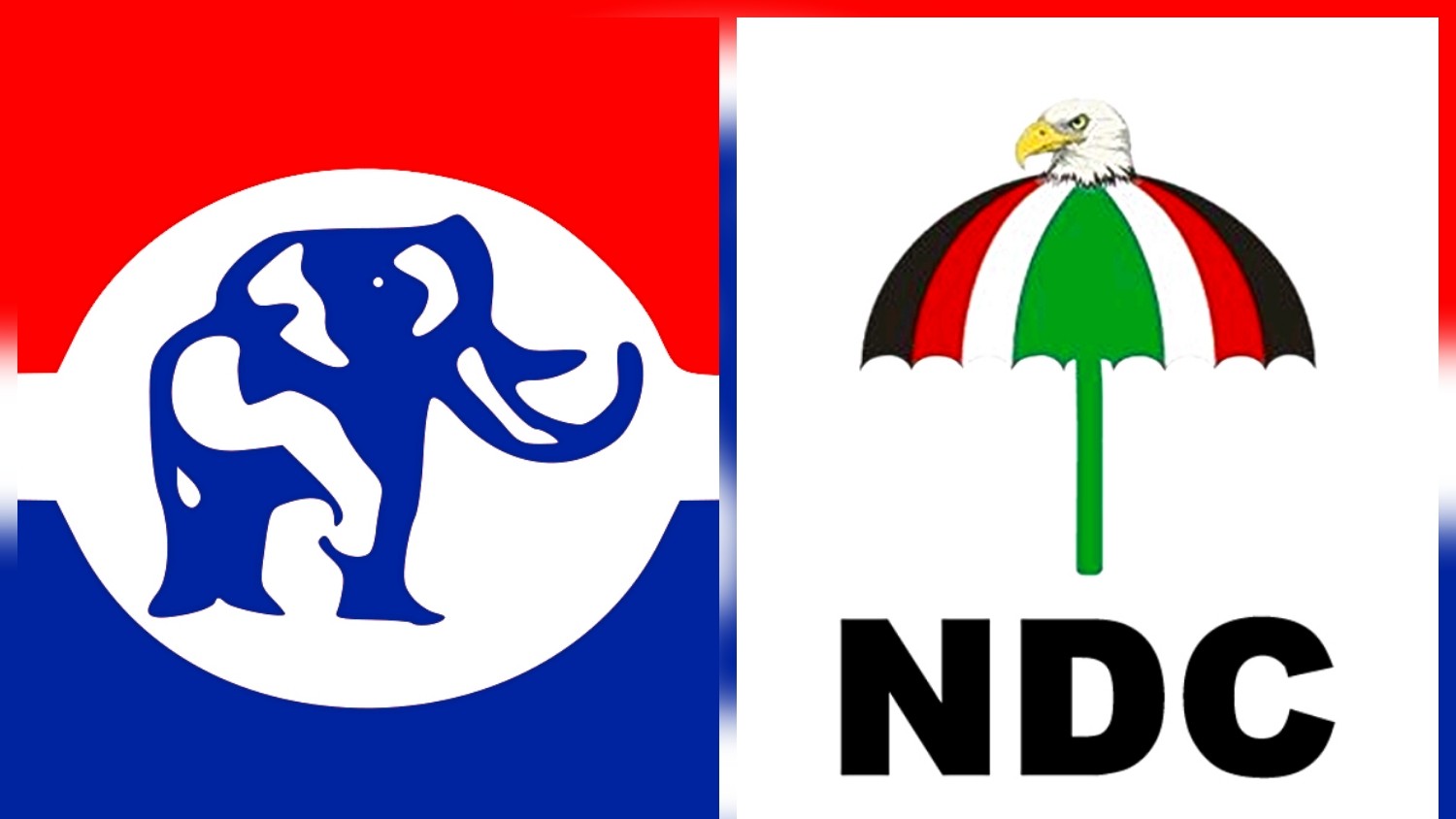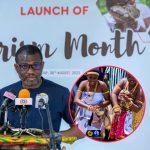
This is an extremely significant question people keep asking. Is it possible for any other political party to succeed the National Democratic Congress and the New Patriotic Party? Since 1992, the NPP and the NDC, a traditional two-party system, have primarily controlled Ghana’s democracy. However, a number of important elements determine whether another party can gain control.
Only the NPP and NDC have won presidential elections since the start of the Fourth Republic in 1992.
Although they have run for office, smaller parties such as the Convention People’s Party (CPP), People’s National Convention (PNC), Progressive People’s Party (PPP), and Ghana Union Movement (GUM) have rarely won more than ten percent of the vote.
Smaller parties find it extremely difficult to obtain the president or parliamentary seats in Ghana due to the winner-take-all electoral system. Smaller parties frequently lack the media reach, finance, and grassroots organizations of the NPP and NDC.
There is little space for alternatives because voters are so divided between the two major parties.
With complaints of unemployment, corruption, and broken promises, many Ghanaians are growing more and more irate with both the NPP and the NDC. This makes room for a legitimate “third force.”
The duopoly may be broken if a new party (or combination of lesser parties) unites behind a powerful, reputable leader who has widespread popularity. For instance, Ghana’s politics were originally controlled by Kwame Nkrumah’s CPP. There were fleeting signs of promise in Christian Kwabena Andrews’ GUM and Dr. Paa Kwesi Nduom’s PPP.
More than 60% of Ghanaians are under 35. A movement led by young people that particularly uses social media and grassroots activism, could disrupt the status quo.
But how simple is it to become powerful by defeating these two titans? Both the NPP and the NDC are experiencing a crisis of legitimacy in Ghana due to economic collapse and a significant corruption scandal, which is driving voters to look for alternatives.
As of right now, NPP and NDC are still firmly established, and unless there are exceptional situations, they will probably continue to use alternating electricity in the foreseeable future. A new movement could emerge in the upcoming ten years, though, given the developing “third force” mentality, particularly if it appeals to young people and tackles issues like unemployment, corruption, and financial difficulty.
U.S Mourns With Ghana After Deadly Helicopter Crash
It is possible for another party to seize power in Ghana, but only with strong leadership, cooperation between smaller parties, and widespread grassroots support can it succeed. It is a strict, straightforward framework for a new “third-force” that may actually contend in Ghanaian politics. Results, not words, are what that party needs. They should be young, highly skilled, data-driven, impervious to corruption, pro-farmer, and pro-small business.
Breaking That Duopoly:
- Executive committee and MPs should be forced to disclose their assets; with blind trusts for ministers.
- Party leader should sign a 20-point public contract; and resign clause if 60% of targets are missed by mid-term.
- Don’t chase every seat. Concentrate resources in ~25–35 winnable constituencies (urban/suburban and mixed seats) across Greater Accra, Central, Western, Bono/Bono East/Ahafo, Northern/Savannah. Build visibility (not spend) in Ashanti and Volta/Oti.
- Win 5–10 parliamentary seats + 8–12% presidential vote to prove viability. Convert credibility into 20–40 seats; force coalition arithmetic nationally.
- Unite issue movements (anti-galamsey, MSME groups, youth/tech, disability advocates, teacher/nurse associations) around measurable policy swaps.
- Zero-collateral credit guarantees for first-time employers; 90-day payment rule for all govt invoices and e-procurement preference for Ghana-made inputs.
- There should be a 24-month emergency plan to remove nuisance fees, expand competition in food logistics and targeted transport vouchers for students/apprentices.
- Dual-training (school + paid apprenticeship), national placement portal; tax credit per apprentice retained 12+ months.
- Agriculture: District-level aggregation hubs; climate-smart irrigation kits; guaranteed offtake for staples and cocoa replanting insurance.
- Housing: Incentivize rental supply (tax holiday for compliant landlords) and concentrate on rent-to-own for young workers.
- Healthcare: NHIS claims should be automated; plus a performance pay for primary care.
- Education basics: Universal remedial literacy/numeracy bootcamps P4–JHS3 and also introduce teacher coaching tied to micro-incentives.
- Digital government: One citizen ID login to pay taxes, register a biz, and land records including permits.
- Anti-corruption: Special prosecutor budget firewall; e-assets register; mandatory open contracting data standard.
- Mining & environment: Strict traceability; community royalty funds with public dashboards; tough anti-pollution enforcement.
- Core message: “Life must get cheaper and work must pay. Government must be clean.”
- Diverse, policy-fluent women and youth leaders should be encouraged; and sector micro-influencers over celebrity hype should be allowed.
- Focus on cost-of-living and jobs first; anticorruption second; avoid culture-war topics.
- Community projects: Quick-impact fixes (streetlights, refuse cleanups, borehole repairs) co-funded with transparent budgets.
- 80% polling-station coverage in target seats; 90% agent training completion.





